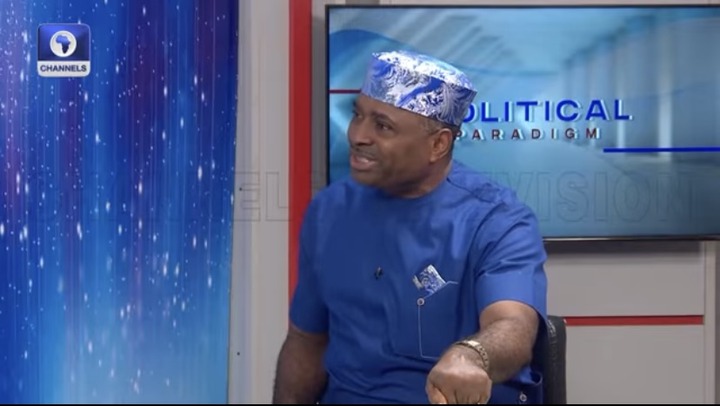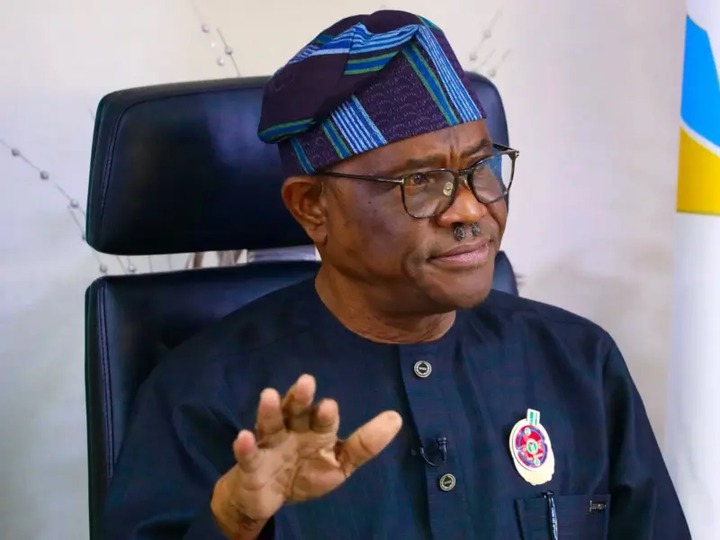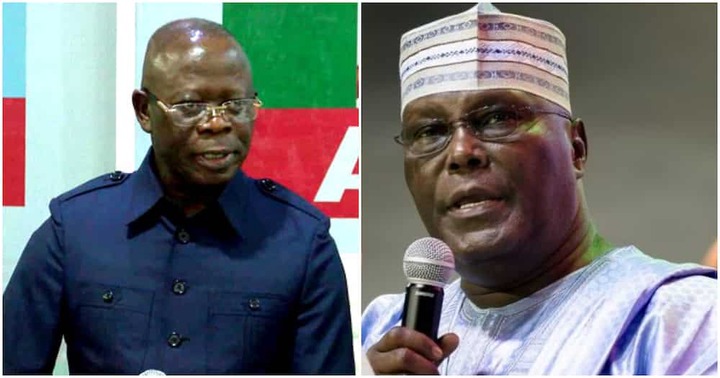
Prominent Nigerian actor, lawyer, and former Labour Party spokesperson, Kenneth Okonkwo, has launched a scathing critique of President Bola Ahmed Tinubu’s administration, questioning the credibility and transparency of the Federal Government’s recent claims regarding welfare disbursements.
Speaking in a televised interview with Channels Television, Okonkwo expressed strong skepticism over the government’s announcement that it had disbursed ₦330 billion to eight million households nationwide.
According to the government, each beneficiary household received ₦25,000 per month as part of a social investment initiative aimed at cushioning the effects of Nigeria’s ongoing economic challenges.
However, Okonkwo dismissed the claims as vague and unverified, accusing the administration of deliberately withholding critical information from the public.
“This is a government that talks a lot about palliatives, but when it comes to accountability, there’s nothing on the table,” he said. “How do we know these eight million people exist? Who are they? Where are they?”
A central point of his argument was the government’s refusal to disclose the identities of the beneficiaries.
Federal authorities have claimed that revealing this information would pose security risks to those receiving the funds, but Okonkwo rejected this rationale outright, describing it as both illogical and evasive.
He questioned the notion that recipients of ₦25,000 would be targets for criminal attacks, stating:
“Is it the people that are receiving the money that are telling you to not publish their names? Tell me the armed robber who will risk his life to steal somebody’s ₦25,000. If that is all he has, he prefers to die.”
Continuing, he added:
“You are giving somebody ₦25,000 a month and you’re saying you can’t publish the list for security reasons, security of what? That an armed robber will go and look for ₦25,000 and risk his life? That doesn’t make any sense.”
Okonkwo’s comments come at a time of mounting public frustration over the rising cost of living, inflation, and what many citizens perceive as a lack of meaningful government intervention.
While the administration has launched several social intervention programs, critics argue that their impact has been marginal, and their implementation lacks clarity.
In recent months, the government has touted its cash transfer programs as a key strategy to support low-income households amidst economic reforms, including the removal of fuel subsidies and currency devaluation. Yet, the lack of verifiable data and independent oversight has fueled suspicions of mismanagement or political manipulation.
Okonkwo, a former Labour Party member and vocal critic of the current government, emphasized that without transparency, such initiatives risk being seen as mere political optics rather than real solutions. “You cannot solve national poverty with secrecy,” he said. “If you’re truly helping people, then show us the proof.”







